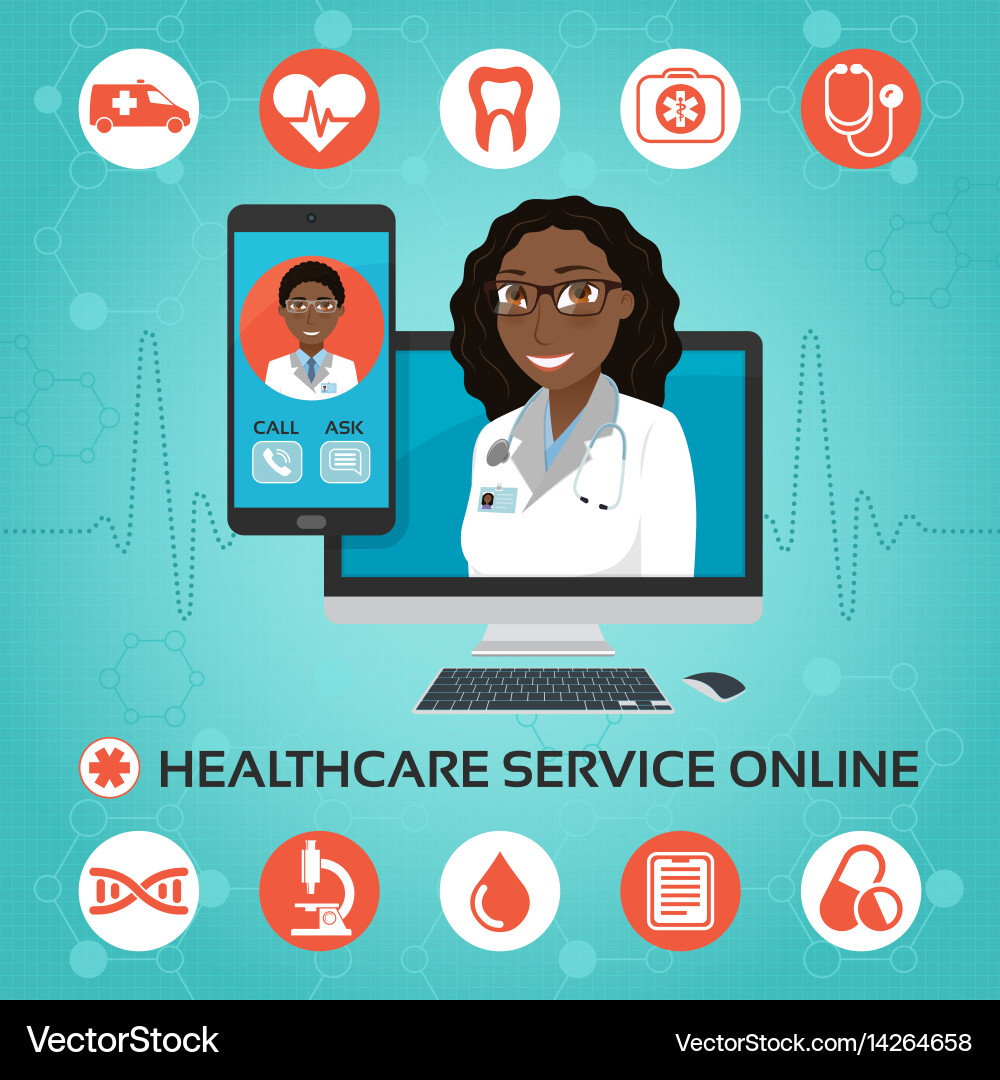The Influence of Subscription Based Healthcare on Typical Clinical Practices
The Influence of Subscription Based Healthcare on Typical Clinical Practices
Blog Article
The Rise of Subscription-Based Health Care and Its Effect On Client Treatment
As medical care advances, the subscription-based design is getting traction, promising to transform individual care by supplying predictability and availability. The capacity for these designs to reshape healthcare distribution increases pushing inquiries about their lasting sustainability and inclusivity. Are these subscription solutions the future of healthcare, or do they risk leaving at risk populations behind?
Understanding Membership Health Care Designs
Understanding the principle of membership medical care versions includes taking a look at a transformative technique to clinical solutions that highlights cost and availability. These versions, typically described as direct key treatment (DPC) or concierge medicine, have actually become innovative choices to conventional fee-for-service healthcare systems. Membership health care permits patients to pay a set monthly or annual cost for a specified set of clinical solutions, which might include limitless workplace sees, routine exams, and basic lab tests, without the requirement for typical insurance payment.
The structure of registration medical care models is designed to improve patient treatment by eliminating third-party payers and intricate billing codes, consequently reducing administrative concerns. Healthcare providers can focus more on individual treatment, promoting more powerful patient-provider relationships. This model likewise promotes preventative care by motivating routine check outs, as the economic challenge of per-visit fees is eliminated.
The membership design typically encourages doctor to manage smaller patient panels, enabling even more tailored treatment. It aligns financial motivations with person health and wellness results, as suppliers are motivated to maintain person fulfillment and well-being. On the whole, understanding subscription medical care models requires acknowledging their potential to improve how care is delivered and accessed.
Advantages for Clients and Companies

For service providers, subscription-based designs provide the opportunity to grow patient-provider relationships. With a consistent income stream, medical care professionals can commit even more time to each person, resulting in a more tailored and extensive treatment experience. This version also decreases reliance over person quantities, alleviating burnout and improving task contentment. In addition, the focus on preventative treatment within membership plans can result in better patient end results and lowered lasting health care expenses. By concentrating on constant treatment, providers can address issues prior to they escalate, inevitably benefiting the healthcare system as an entire by reducing the problem on emergency and acute treatment services.
Issues and difficulties
While subscription-based medical care versions present various advantages, they also come with a collection of obstacles and problems that should be addressed. This elevates moral concerns regarding fair accessibility to healthcare services.
Financial sustainability of subscription-based designs is another problem. Providers should balance the set revenue from memberships with the variable prices of healthcare solutions, which may vary as a result of unanticipated medical demands. This can you can try these out develop pressure to limit solutions or increase costs, potentially influencing person complete satisfaction and care quality.
Moreover, regulatory oversight of subscription-based health care designs is still evolving. The lack of standardized frameworks can lead to inconsistent service quality and responsibility, making complex initiatives to make certain individual security. The integration of modern technology-- often a keystone of these versions-- elevates questions about data personal privacy and safety, as sensitive individual info might be susceptible to violations. Attending to these obstacles is critical for the effective and equitable application of subscription-based healthcare.
Effect On Patient-Doctor Relationships
One considerable impact of subscription-based medical care versions on patient-doctor connections is the potential for boosted continuity and personalized care. By embracing a membership design, medical professionals can manage a smaller person panel, enabling more devoted time with each person. This boosted availability promotes a deeper understanding of a client's case history, way of life, and choices, enabling extra tailored therapy strategies and treatments.

Nevertheless, it is necessary to identify that while subscription-based designs may profit those that additional info can afford them, they can accidentally widen healthcare disparities. Clients that are incapable to join these designs may experience decreased accessibility to individualized treatment, potentially influencing their connections with healthcare carriers. Thus, while the subscription model uses promising advantages for patient-doctor partnerships, it also poses difficulties that require to be resolved to make sure fair healthcare access.
Future of Health Care Access

The duty of technology can not be overlooked in this change. Telemedicine systems and electronic health documents promote seamless communication between people and doctor, breaking down logistical and geographical obstacles. Additionally, advancements in expert system and information analytics can better personalize healthcare by predicting individual requirements and enhancing therapy strategies.
However, the future of health care gain access to additionally offers challenges, such as guaranteeing equity across different socio-economic groups. Policymakers and health care companies have to work together to bridge the digital divide, ensuring that subscription-based designs stay inexpensive and inclusive. As these systems develop, they hold the guarantee of making health care much more easily accessible, effective, and patient-centric.
Final Thought
Subscription-based healthcare designs are improving individual treatment by offering a stable cost structure and boosting ease of access. These models reinforce patient-provider partnerships via individualized treatment and regular sees, highlighting preventative health. Regardless of these benefits, challenges such as ease of access problems for low-income populations and the requirement for fair health care options continue. The rise of subscription-based medical care urges positive individual interaction, which has the potential to boost client outcomes and fulfillment, signifying a transformative change in medical care shipment.
As health care develops, the subscription-based design is acquiring traction, guaranteeing to change patient care by using predictability and ease of access.Subscription-based healthcare designs use unique benefits for both carriers and people, enhancing the overall health care experience.As healthcare systems advance, the future of healthcare access regularly pivots on the assimilation of cutting-edge models and technologies.Subscription-based medical care models are reshaping patient treatment by giving a secure price structure and enhancing ease of access. The increase of subscription-based medical care encourages proactive client engagement, which has the possible to enhance patient end results and complete satisfaction, signaling a transformative shift in healthcare delivery.
Report this page